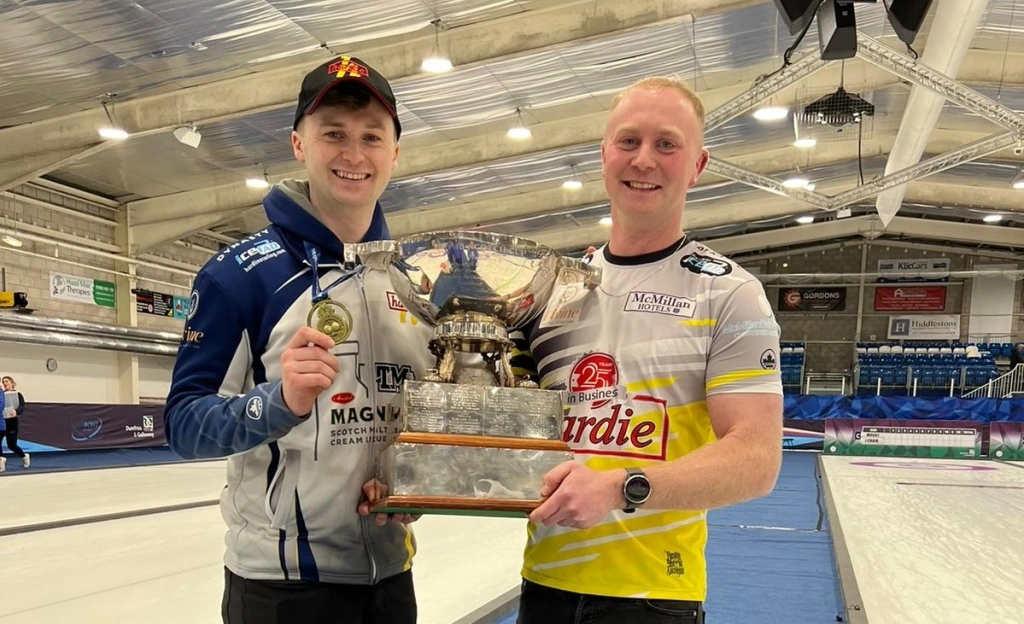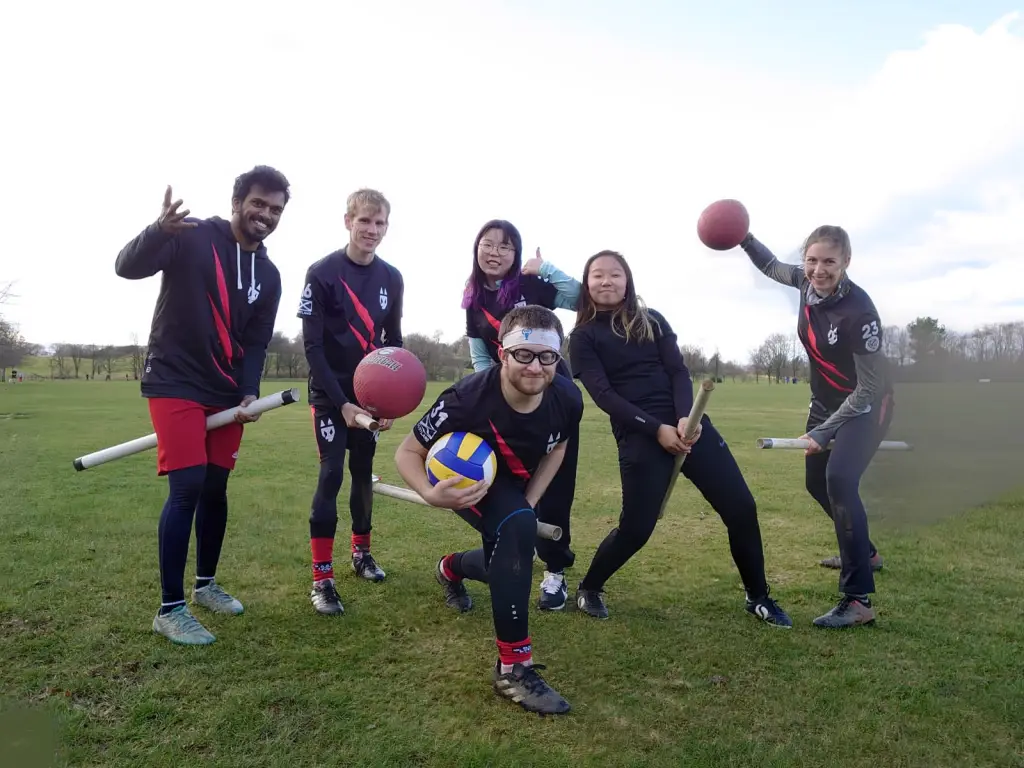Trans inclusion in sport has come under a renewed microscope in 2020.
World Rugby’s controversial stance that led to them implementing a ban on trans women taking part in the sport came in for serious criticism, with the RFU deciding not to adopt the policy and other nations conducting research in order to make a better-informed decision.
Even in wider society, there have been high profile figures outside the sporting world that have spoken out against trans rights, while in the political sphere the Gender Recognition Act reform threatened to not just see progress stagnate, but actually reverse. Moves to lower the cost of obtaining a Gender Recognition Certificate and open more gender clinics were thankfully successful, but more progress can still be made.
The “debate”, which is often not based on scientific evidence or official statistics, can still have a harmful impact. When celebrities decry trans rights, or even their very identities, it influences public opinion. Inevitably, that has a knock-on effect on acceptance and inclusion.
Participation levels in sport are extremely low, and trans members of sports clubs are few and far between – although inclusive clubs are helping to improve the situation slightly.
The role of inclusive clubs is a crucial one, because transgender athletes can often face backlash from any side of the coin. Even though women’s sport is generally far more inclusive than men’s sport, that does not mean trans women are always accepted without fail.
“It wasn’t a blanket negative response by any stretch of the imagination,” footballer Sammy Walker said.
“I am still friendly with, and speak to, some of my old team-mates.
“However, there were a few people who would get upset if I played well, particularly the elder players who I think felt I shouldn’t have been there.
“I think had I joined a ‘regular’ men’s side it would have been a lot worse.”

Walker had joined a women’s team after transitioning, but moved on to inclusive clubs Soho FC and then the Bristol Panthers. This season she returned to women’s football, playing in the National League, but the challenges she has faced to get to that point are the same as many other trans athletes across different sports, all over the world.
In Canada, ice hockey player Jessica Platt left the sport in her late-teens, which is when she started to actively transition. She had always been uncomfortable in the macho hockey environment growing up, which made it easier to step away from the ice when she did.
A new job teaching children how to skate and play ice hockey just before completing her transition rekindled her passion for the game though, and once she donned the skates again she became determined to go as far as she could.
For Platt, it was a second chance to live out a childhood dream by playing professional sport, and it is one she has enjoyed immensely.
“I quit playing hockey because I was uncomfortable with the atmosphere,” Platt explained.
“I wasn’t comfortable in changing room situations during my transition, so I avoided that at all costs. Hockey, and most team sports where you would have to change into a full set of equipment, were pretty much off the table for me.
“Shortly before I had surgery for me to complete my transition to how I wanted it, I had a job teaching kids how to play hockey and how to skate, so that was really nice. That got me on the ice again for the first time in a very long time, and that rekindled my love for the sport. I got to a point where I was literally dreaming of playing competitive hockey again.
“Once I felt comfortable enough, I had had my surgery and was well on the road to recovery – it was a longer route for me unfortunately but I was getting there – I decided to try and play a game for fun because that’s all I really wanted.
“Initially I didn’t want to play professional hockey or anything like that, I just wanted to play again. I joined a summer league in my hometown, because I was living with my parents at the time as they helped me through recovery. I played in that summer league, and week by week I was getting significantly better, everything was feeling like I had never quit playing hockey.

“I felt so amazing out there, the competitive person in me came out and I really wanted to see how far I could go. Now that I was in a place where I trained almost relentlessly, I wanted to see how far I could go being the best version of myself – having the training and being in the best possible shape I could be in, so I decided to go for it.
“It’s like I was getting an experience that I potentially could have, or should have, had when I was younger. I was just getting that experience a little bit later in life.”
Platt made it to the professional ranks when she was drafted by the Toronto Furies in 2016, but at that point it was not publicly known that she was transgender.
She had wanted to make it to the sport’s summit on her own merits, rather than risk being seen as a diversity pick by a team looking for some positive publicity.
“At first I always want to make a team based on my merits and not just because I’m trans,” Platt reasoned.
“Some people might choose someone to have more diversity, or use them so that they look more inclusive.
“Growing up I never wanted to be seen as anything different, I always wanted to fit in and I wanted to get by and live my life and not be in any kind of spotlight. I wanted to get in there, play hockey based on my own merits, and then the rest just happened because I saw an opportunity to be visible and hopefully make a difference so that other people wouldn’t have to go through the same things I did.
“I saw an opportunity, and I was given a platform as a professional athlete to be the first to come out in professional, North American women’s hockey as a transgender woman, and one of few in professional women’s sports.
“It was daunting, because you feel like you have to perfect because you’re more than representing yourself, you’re representing a community. You want to put out the best example possible, but it has been good so far.”
Blair Hamilton has experience on both sides of the Atlantic, having worked in the United States as a coach and personal trainer for years before returning to her native Scotland. She was playing football at the University of Aberdeen when she came out to her teammates, and made the switch from men’s football to women’s football thanks to the university team.
Then, it was the captain and president that approached Hamilton, as she had never even considered the possibility of playing women’s football. She had to be the one to instigate the conversation when looking for club sides though, especially after leaving the north east of Scotland to work on her PHD in Brighton.

“I got headhunted almost by Grampian, because their coach had heard about me and heard that I was a decent goalkeeper,” Hamilton said.
“They asked me to go and train with them, and the coach there was one of the most supportive coaches I’ve ever had. He summed it up in a message to me – when I played for them, I wasn’t Blair, the transgender goalkeeper, I was just Blair, their goalkeeper.
“Obviously for the university team in Aberdeen, I never really got the chance to message them and ask if I could join them, but coming down south was a little bit different. I messaged the uni team here first and foremost, and they automatically said they were inclusive, it wasn’t a problem, but they only have one trial a year.
“That was different from Aberdeen, where you could join at any time, so I had to wait until September which was fine. In the meantime though I wanted to find myself a club, so I messaged a couple of them. I messaged Montpellier Villa and one other club, and then it was just a case of figuring out what vibe I got from them.
“The thing I liked about Villa is that when I messaged them, they got back and were really nice and relaxed about it – they weren’t just here for the football, they’re here for the social side of it too.”
As with any member of the LGBT+ community, Hamilton has had to strike a balance between being ‘out and proud’ and wanting to blend in with the masses, so to speak. That, combined with her job as a researcher on trans participation in sport, meant that even when interview requests came in she never sought the spotlight.
“After my first interview, I was advised to get an agent and I said no, because I didn’t want to push it,” she explained.
“I’ll do what comes around, or whatever people ask me for. What people don’t realise, the Good Morning Britain one recently wasn’t because I’m a trans athlete, it was through my job. I just happen to be a trans athlete as well, which ticked another box that they wanted.
“If anything I’ve probably taken a step back from doing appearances. When I first came down to work at this research position, it’s funded by the International Olympic Committee, and my bosses didn’t want me to go out and say anything daft. I don’t think I have said anything daft, but we have to be balanced as much as we can.
“They didn’t want me to go out and say something like ‘trans women have no advantage and that has been scientifically proven’, because that would show your research has been compromised because you’re coming at it from a biased position.
“One thing I say whenever I do interviews now is that the science must do the talking. That’s why I took a step back, but the Good Morning Britain opportunity came up and I couldn’t not take it, because it raised my profile for work as well which is a good thing.
“Off the back of that, I got to help out international rugby federations by advising them on the facts of trans players after World Rugby’s policy.”






Leave a comment